Rotator Cuff Injury Management in the ED: Practice Essentials, Pathophysiology, Prognosis
$ 29.50 · 5 (316) · In stock
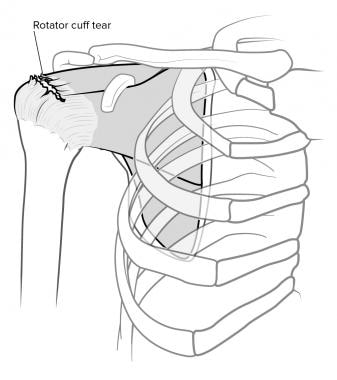
Rotator cuff injuries are problems commonly encountered in athletic and nonathletic patients. Symptoms include pain, weakness, and decreased range of motion.
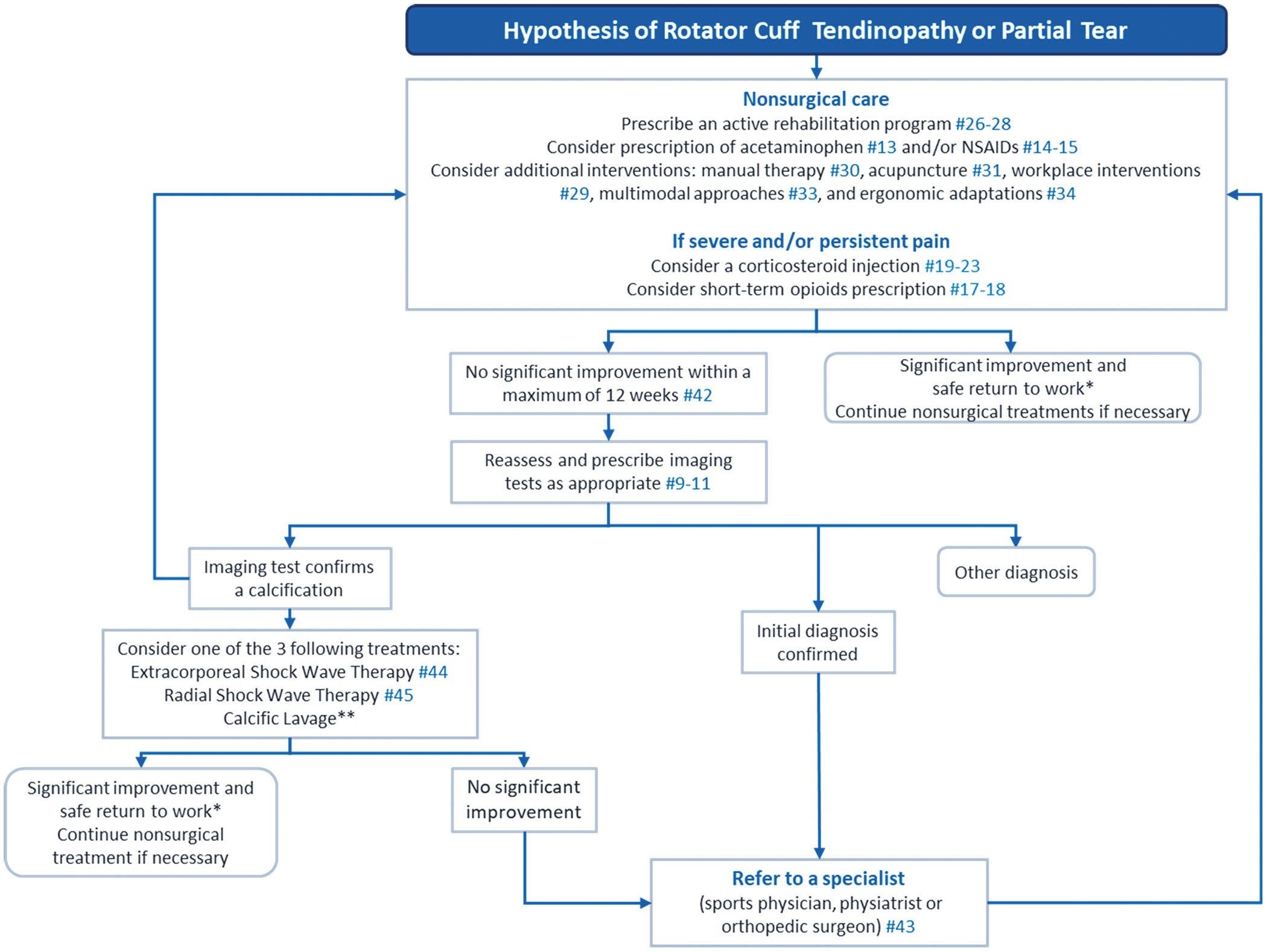
Rotator Cuff Related Shoulder Pain
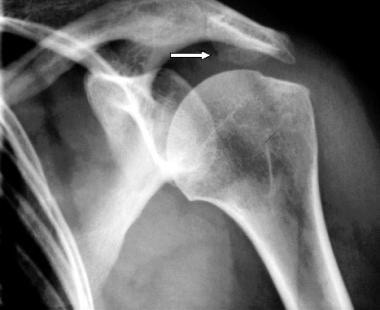
Rotator Cuff Disease: Practice Essentials, Pathophysiology, The extrinsic hypothesis
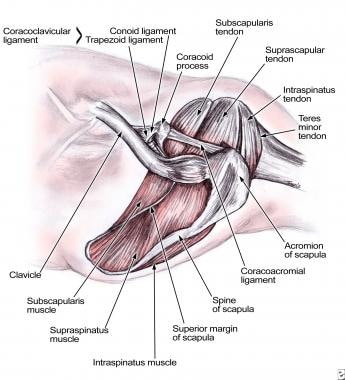
Rotator Cuff Pathology: Practice Essentials, Anatomy, Pathophysiology

Algorithm for diagnosis and treatment of shoulder and spine pathology.
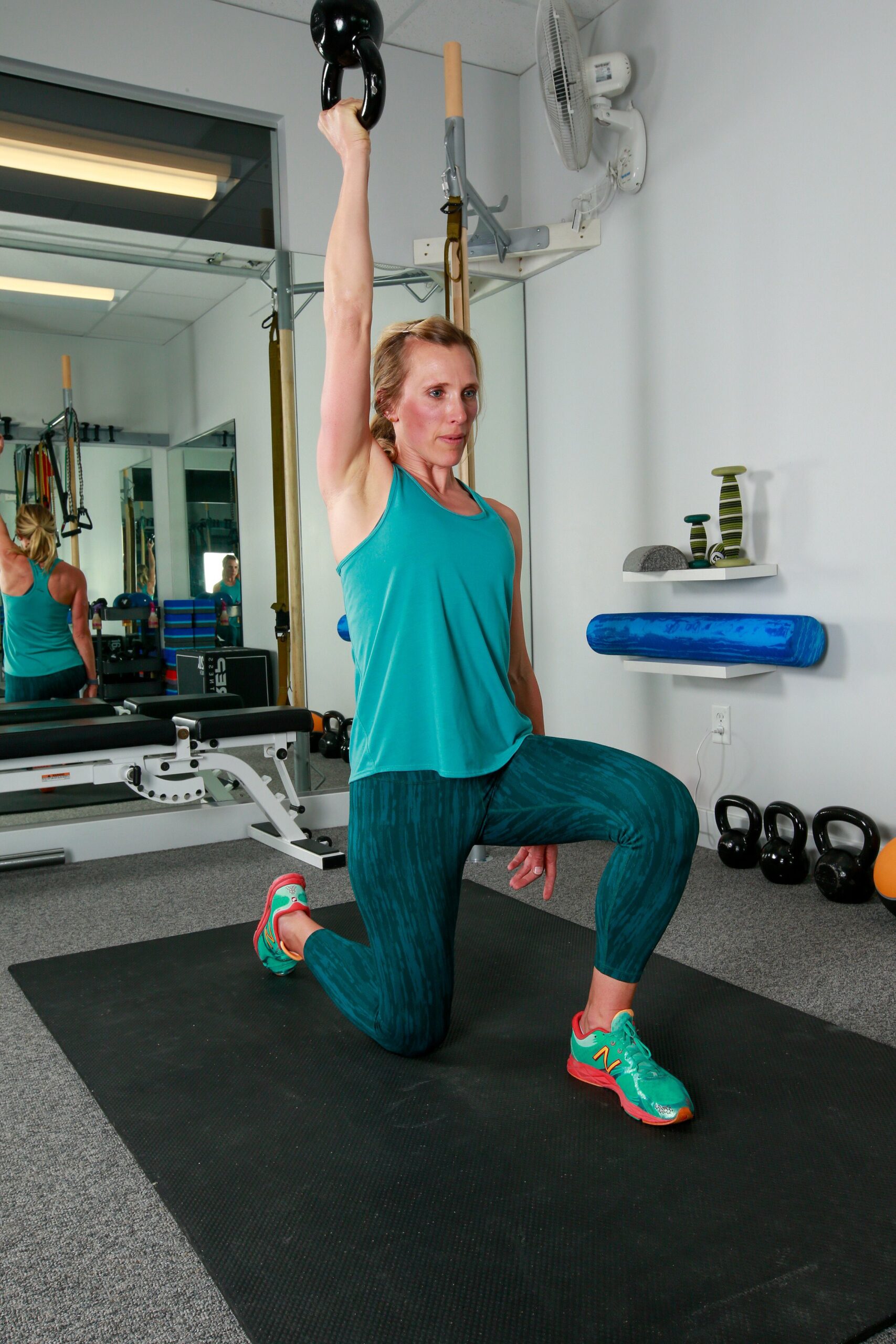
Rotator cuff strengthening for CrossFit athletes - Mend Colorado
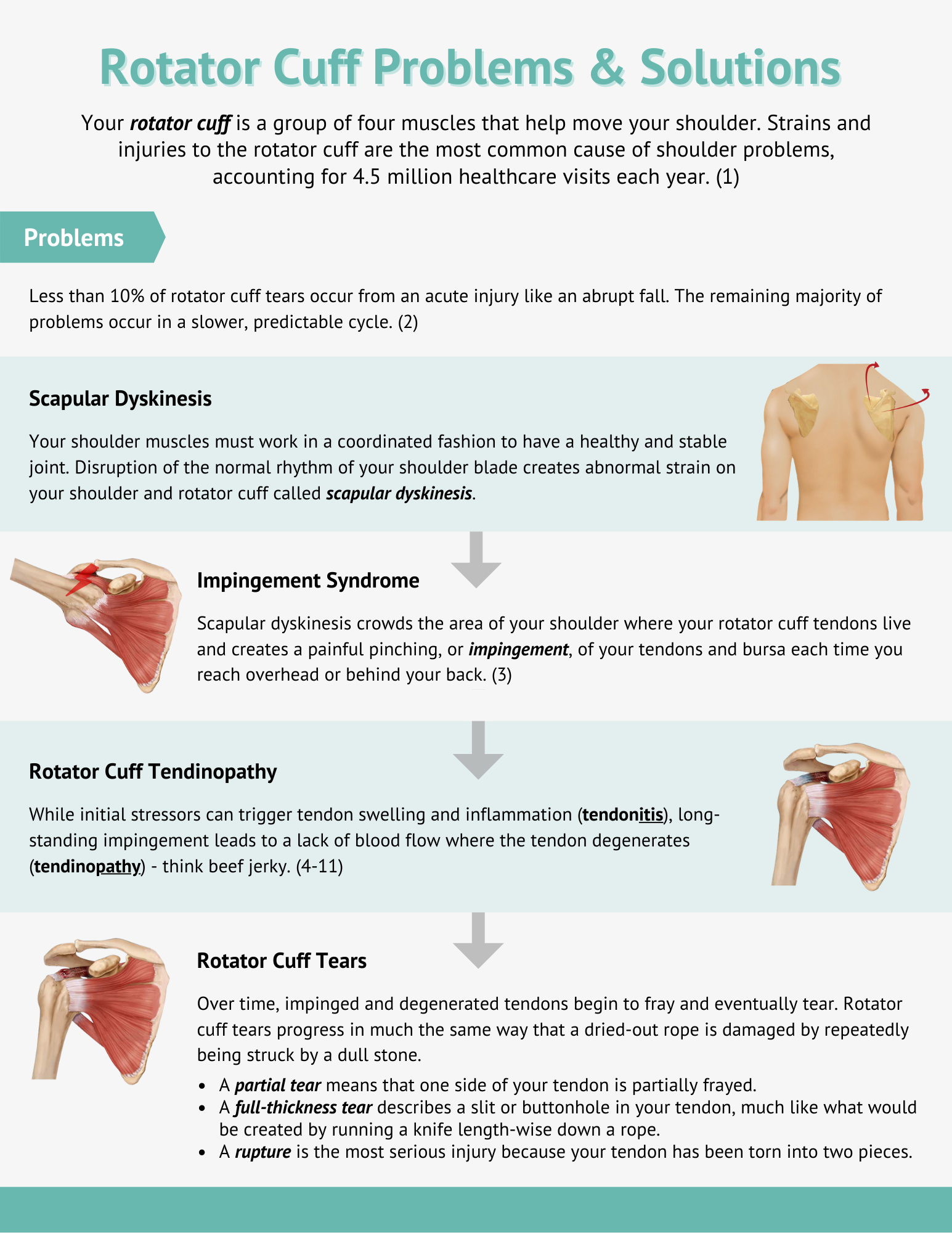
Rotator Cuff Tears: When to MRI & When to Refer — ChiroUp

Predicting the outcome of conservative treatment with physiotherapy in adults with shoulder pain associated with partial-thickness rotator cuff tears – a prognostic model development study, BMC Musculoskeletal Disorders
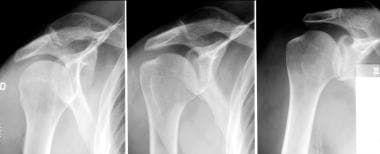
Rotator Cuff Injury Management in the ED Workup: Imaging Studies

10 Rotator Cuff Exercises for Managing Pain without Surgery
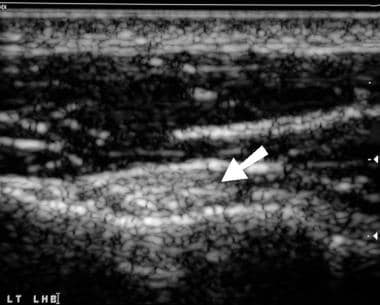
Ultrasonography for Rotator Cuff Injury: Practice Essentials, Ultrasound
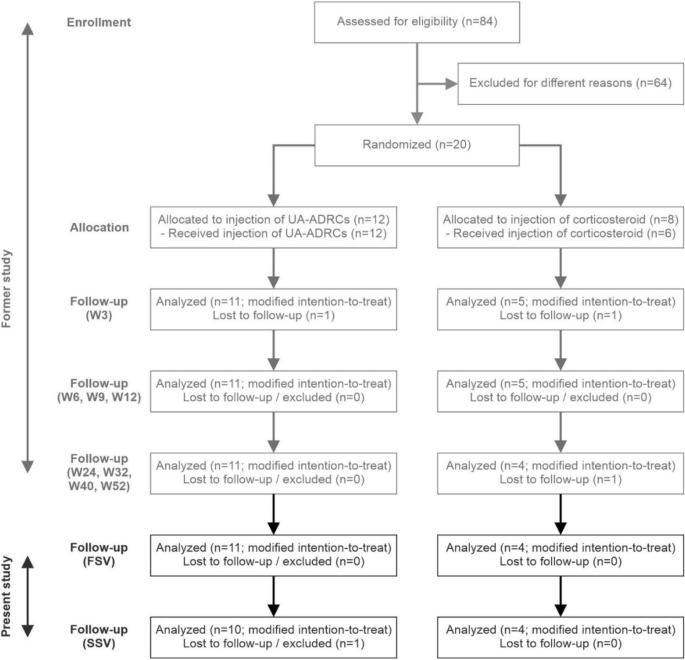
Management of partial-thickness rotator cuff tears with autologous adipose-derived regenerative cells is safe and more effective than injection of corticosteroid
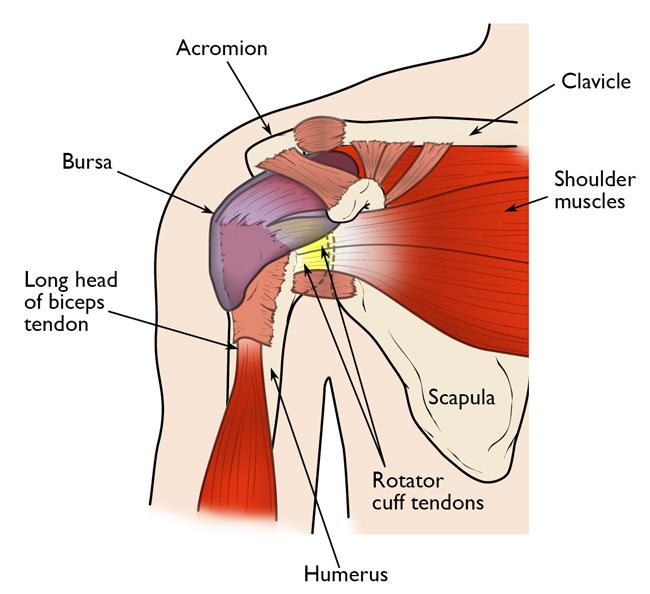
/globalassets/figures/a00064f01.

PDF) Clinical Practice Guidelines for the Management of Rotator Cuff Syndrome in the Workplce
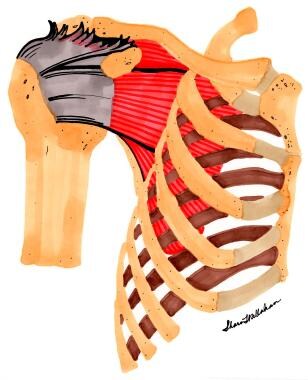
Rotator Cuff Injury: Practice Essentials, Epidemiology, Functional Anatomy